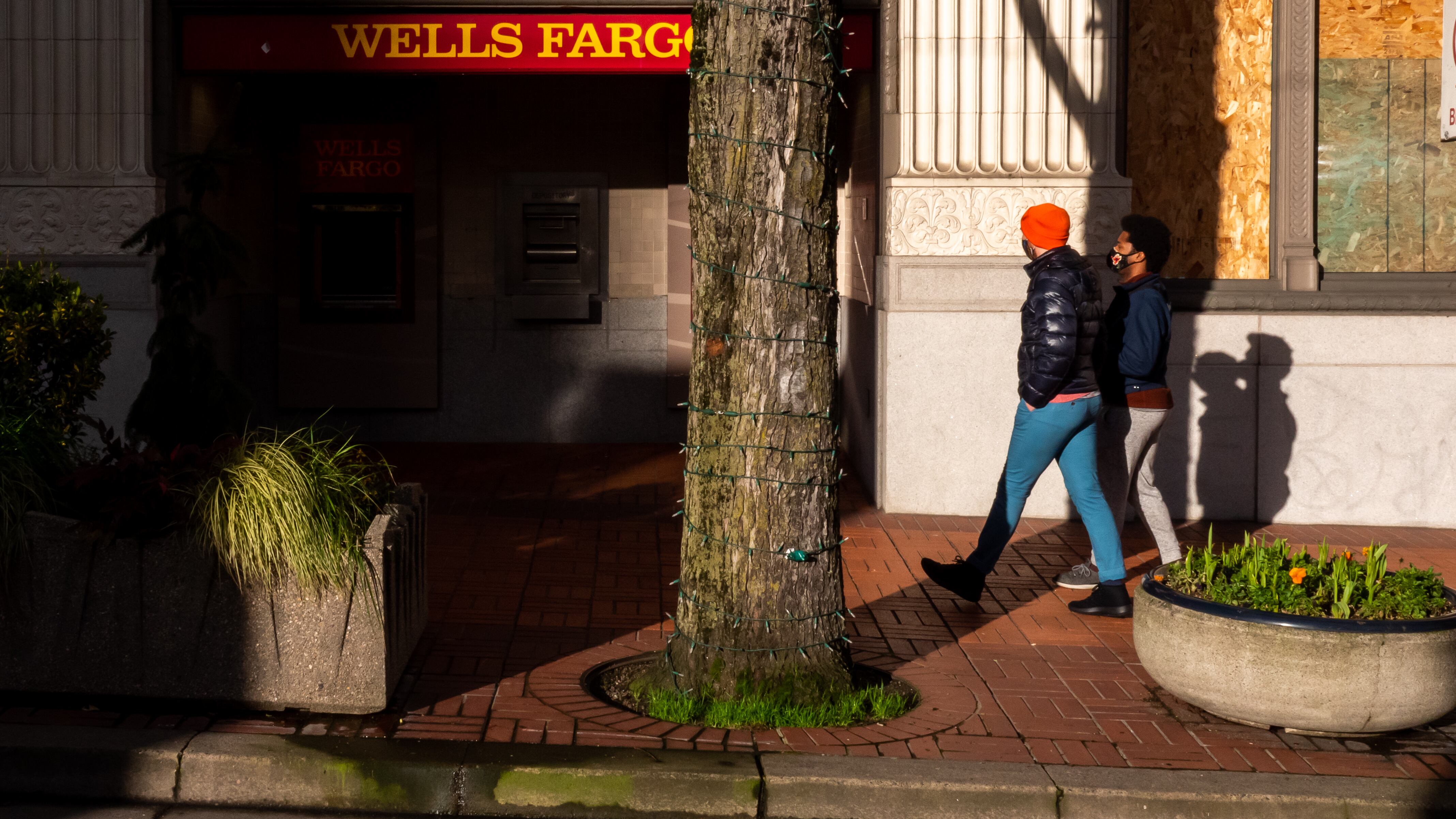Portland Mayor Ted Wheeler sent an email to city staffers on June 17 explaining how the city plans to bring city employees back to offices downtown.
“We have made one important decision: Going forward, the city of Portland supports blending in-person and remote work for employees who can perform some or all of their jobs outside a city facility,” the email read, which was shared with WW.
Earlier this month, WW reported results of an informal survey of city bureaus that showed a strong inclination by most city employees to work primarily remotely, and come into the office only one or two days a week or for essential meetings. (To be fair, WW also surveyed its employees—with similar results.)
“We are prioritizing the emotional and physical health of employees, who have voiced strong support for flexibility,” Wheeler’s email read.
Wheeler’s plan involves a “soft reopen” on July 6 that gives employees the option to return to the office on a voluntary basis.
Come October, a formal hybrid approach will kick in—and each bureau will be responsible for creating a plan for its staffers.
“Understandably, many of you want to know how often you’ll be asked to report to a city facility and how much control you’ll have over your schedule. That will vary, based on business needs across bureaus,” Wheeler wrote. “Bureau directors will be working on those plans over the summer, with the goal of providing every employee with specific schedule information at least six weeks before they are asked to return.”
But Wheeler’s email also hinted that Portland needed its city employees present, at least in some capacity, to ensure downtown’s revival: “We must also consider and invest in the health of the city we serve, which is dependent on ensuring a vibrant and safe downtown core—and making connections with the community in each interaction, whether in person or through technology.”
In May, mayoral aide Sam Adams met with downtown law firms urging them to support Wheeler and City Commissioner Dan Ryan’s plan to create “safe rest villages” for homeless people to help get tents off the street and entice employees back downtown.
But Wheeler conceded that city employees might be reluctant to return: “I want to acknowledge that many employees feel uncertain about returning to a city facility, even part-time. You have asked a lot of important questions about public health, community safety and work-life balance.”

